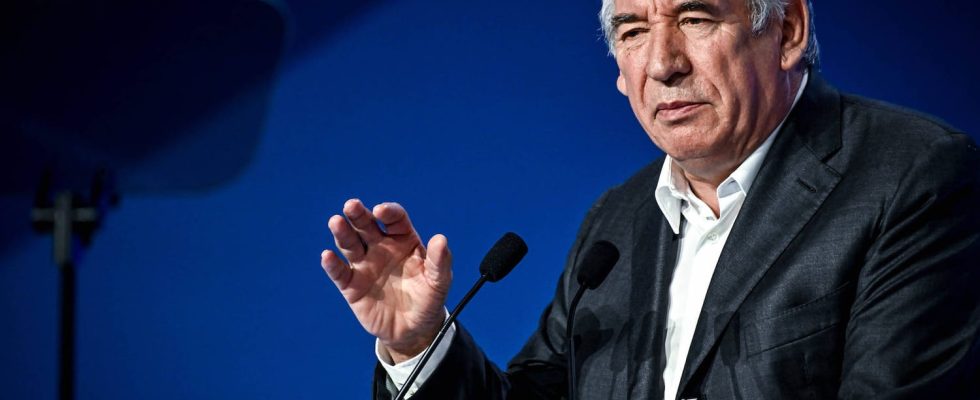After the forceps adoption of the immigration law, the president of the MoDem, François Bayrou pushes Emmanuel Macron to appoint a new restricted government.
François Bayrou puts the subject back on the table. After the vote on the immigration law which led to a split in the majority with almost a quarter of the Renaissance deputies who did not support it, the president of the MoDem pleads for a reshuffle. Emmanuel Macron has “a new page to write”, believes the mayor of Pau, this Thursday, December 28 on France Inter. “It is up to the President of the Republic to say what new chapters we are going to open,” he adds.
The faithful ally of Emmanuel Macron still pleads for a government in “adequacy between the project and the people”. “Do we keep a very large team, like today, or, as I would like, do we reduce it a little, so as to create more solidarity, more of a commando spirit?”, summarizes he.
A continuation of Élisabeth Borne?
The presidential majority “completed the sequence promised at the time of the presidential election, not always well understood, perhaps not always well explained, which consisted of saying ‘we are going to do two essential things: pension reform and a law on immigration’, which a large part of public opinion demanded and, moreover, supports”.
Without commenting on the future of Prime Minister Elisabeth Borne, nor putting forward any names likely to join the government, the centrist leader recalls that he “does not have the presumption to make injunctions to the President of the Republic” but believes that Elisabeth Borne “is someone who is courageous and who has shown it”. If François Bayrou is close to the head of state, his influence in Emmanuel Macron’s decisions remains negligible.
Rumors of a reshuffle in January continue to gain momentum, with the resignation of the Minister of Health, Aurélien Rousseau, to denounce the immigration law. Especially since her interim replacement, Agnès Firmin Le Bodo, is being targeted by an investigation for gifts she allegedly accepted from the pharmaceutical industry. The Minister of Higher Education, Sylvie Retailleau, also resigned, which was refused. And other ministers are said to have threatened to leave their posts. Furthermore, on January 17, Olivier Dussopt, Minister of Labor, could be sentenced for “favoritism”. So many elements that could lead to a reshuffle. But to what extent?
